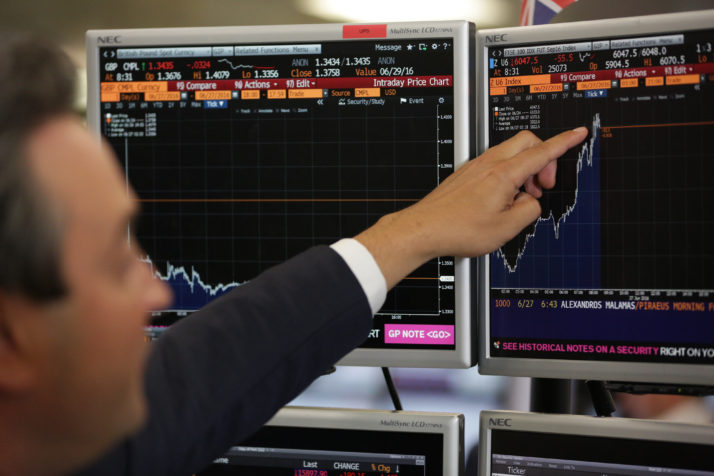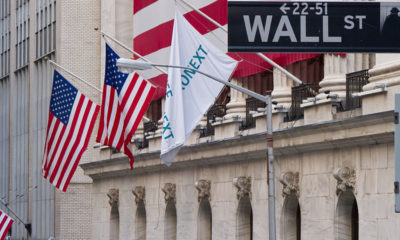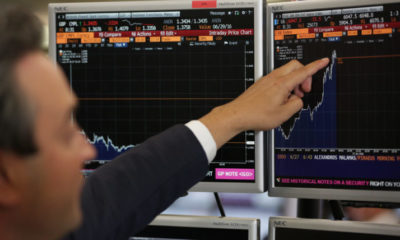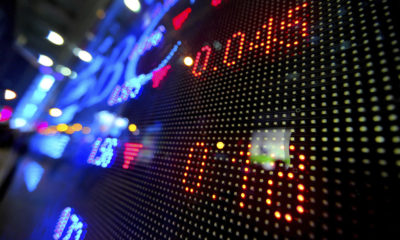The trading session across Europe unfolded with a relatively subdued tone, with trading volumes on the Stoxx 600 Index approximately a third lower than the usual average. TotalEnergies SE, Shell Plc, and BP Plc were the three main contributors to the index.
In sync with this upward momentum, US futures contracts indicated an impending recovery for the underlying indices following their weakest performance week since early August.
During this period, the benchmark Dutch front-month gas experienced an astonishing surge of up to 18%, attributed to traders incorporating the potential threat of supply disruptions arising from a prospective strike in Australia. Also, the global benchmark Brent traded above the $85 per barrel mark, marking a rise of over 2% since the previous week’s close on Wednesday.
Yields across various tenors saw an upward trajectory, propelling the 10-year yield towards levels not seen since November 2007, while the 30-year yield approached highs reminiscent of 2011. This trend emerged as a result of the selloff in the Treasury market during the current month, erasing the remaining gains for the year.
The resurgence in stock values follows a period of substantial losses, with the MSCI World Index breaking free from a three-week downward spiral. Investors with a keen eye on the global interest-rate trajectory are set to direct their focus towards the upcoming annual gathering of central bankers in Jackson Hole, Wyoming, later this week.
David Henry, investment manager at Quilter Cheviot, emphasized that markets are gradually normalizing post-profit-taking that triggered last week’s retreat. He underscored the existing divergence in the market, highlighting the excessive valuation of certain assets and the marked undervaluation of others. Henry noted investors’ inclination towards quality stocks in preparation for a potential economic downturn, leading them to pay premiums for robustly growing businesses with solid fundamentals.
Friday is anticipated to hold significance as Federal Reserve Chairman Jerome Powell is expected to adopt “a more balanced tone in Wyoming, hinting at the tightening cycle’s end while underscoring the need to hold rates higher for longer,” as stated by Anna Wong from Bloomberg Economics.
In the realm of corporate earnings, the highlight of the week falls on Wednesday’s report from Nvidia Corp., a leading chipmaker whose impressive revenue forecast played a pivotal role in igniting this year’s surge in AI-related stocks.
Conversely, the mood in Asian markets painted a darker picture. The region’s stock gauge extended its decline for the seventh consecutive day, marking the longest losing streak since June 2022. Simultaneously, mainland Chinese shares saw a decline of 1.4%.
Uncertainty surrounding China’s strategy to address the nation’s property market decline weighed on sentiment. Despite policymakers calling for increased lending, Chinese lenders chose to lower the one-year loan prime rate by 10 basis points while maintaining the five-year prime loan rates unchanged. This decision contradicted traders’ expectations of a 15-basis-point cut on both rates.
In other market movements, a gauge of the dollar’s strength displayed minimal fluctuations, while the offshore yuan faced depreciation against the greenback. The People’s Bank of China had previously established the daily reference rate for the yuan at a level stronger than the consensus estimate from a Bloomberg survey.
















